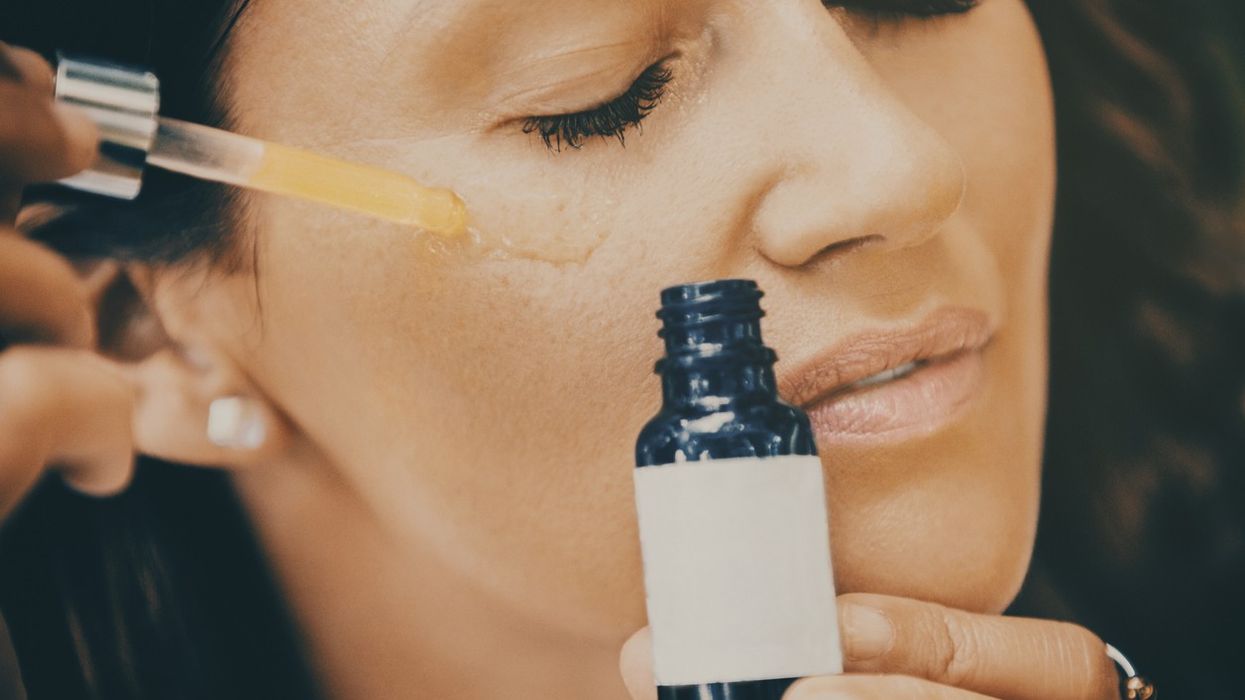New EU regulations restrict the sale of cosmetic products containing more than 0.3% retinol
Even at a concentration of just 0.1 per cent, retinol can significantly improve skin texture, tone, and overall appearance, effectively targeting signs of aging, according to a new study.
The new clinical analysis, conducted by Kenvue—the company behind prominent skincare brands such as Neutrogena and Aveeno—is believed to be the largest study on retinol ever published in scientific literature.
Published in the April edition of the Journal of Drugs in Dermatology, the findings support the efficacy and tolerability of 0.1 per cent retinol as a cosmetic solution to target signs of skin aging.
This research reassures consumers that they can achieve substantial anti-aging benefits without the side effects associated with stronger formulations.
This development comes in the wake of new EU regulations that limit the use of retinol in cosmetics, specifically restricting the sale of products containing more than 0.3 per cent of this active ingredient.
Menas Kizoulis, Kenvue Senior Director of Global Scientific Engagement, highlighted that retinol is “the number one dermatologist-recommended anti-aging cosmetic ingredient” and remains in high demand among consumers.
However, Kizoulis cautioned that not all retinol products are created equal, noting, “This ingredient is hard to formulate and stabilize.”
He emphasised that Kenvue has extensive expertise, backed by over 30 years of experience in formulating and patenting retinol products, and this study shows the effectiveness of their well-formulated, stabilized bioactive retinol in promoting clinical skin health benefits.
Kenvue's patented formulations, as noted by Kizoulis, ensures a slower release of retinol to the skin.
The company’s new clinical analysis included six vehicle-controlled studies of 0.1% stabilized bioactive retinol in women 30 years of age or older who had mild to moderate signs of photodamage from ultraviolet light such as forehead wrinkles, crow’s feet and dark spots.
Of the total participants, 237 received daily retinol treatments, while 234 received vehicle alone.
The results demonstrated that retinol produced greater improvements in all signs of photoaging compared to the vehicle, with visible changes evident as early as week four and continuing through week 12.
Although some participants experienced mild to moderate transient irritation, both the retinol and its vehicle were well tolerated over the 12-week period, with no severe irritation reported, the authors concluded.
“This vehicle-controlled analysis provides compelling new evidence that this ingredient effectively reduces the signs of skin aging without irritation,” stated lead author of the study Patricia K. Farris, MD, MS, FAAD and a clinical associate professor in the Department of Dermatology at Tulane University School of Medicine.
Dr. Farris, also a practicing dermatologist in Louisiana, added that findings provide additional support for the use of products containing 0.1 per cent stabilized bioactive retinol to combat aging signs.
Retinol remains the bedrock in many Kenvue products, which have been proven to effectively reduce signs of skin aging.
Kenvue launched the first prescription retinoid in 1971 and being the first to perfect the process of stabilizing retinol and pioneered the stabilization of retinol, leading to its introduction in the United States and the filing of the first retinol patent in 1990.













